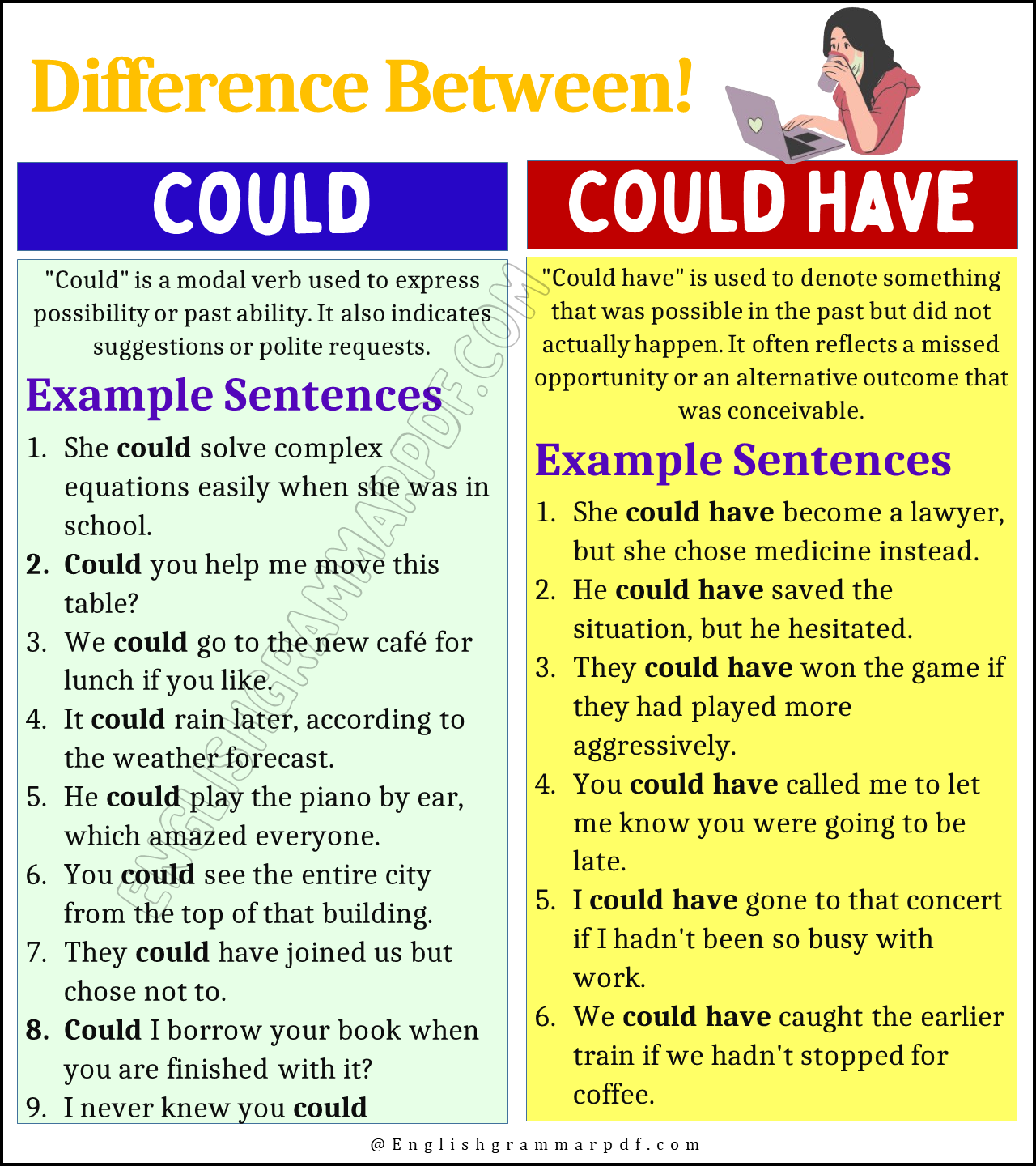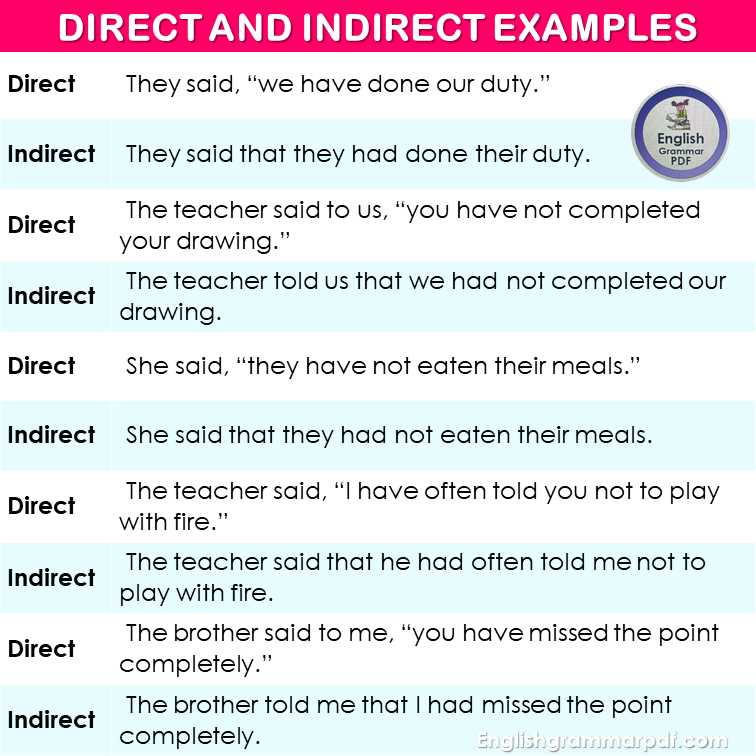When learning or using English, it’s essential to grasp the subtle differences between similar phrases to communicate more effectively. Two such expressions that often confuse learners are “could” and “could have.” Each phrase has a distinct meaning and usage, which are important to understand for clarity in both writing and speech. In this post, we will explore what each term means, how they differ, and how to use them correctly in sentences.
What’s the Difference Between “Could” and “Could Have”?
Could
“Could” is a modal verb in the English language, commonly used to express ability, possibility, or permission in the past, as well as to make polite requests or offer suggestions in the present. When referring to past abilities or possibilities, “could” helps to describe something that was potentially achievable or feasible at a previous time. In the context of making requests or suggestions, it softens the statement, making it less direct and more courteous.
In addition to these uses, “could” can express theoretical possibilities or speculate about what might be possible in either the present or future, depending on the context. It is often used in conditional sentences to suggest what might occur under certain circumstances, enhancing the versatility of this modal verb in various grammatical structures.
Example Sentences for “Could”
- She could solve complex equations easily when she was in school.
- Could you help me move this table?
- We could go to the new café for lunch if you like.
- It could rain later, according to the weather forecast.
- He could play the piano by ear, which amazed everyone.
- You could see the entire city from the top of that building.
- They could have joined us but chose not to.
- Could I borrow your book when you are finished with it?
- I never knew you could sing so well!
- We could meet earlier if that works better for you.
Could Have
“Could have” is a phrase formed by combining the modal verb “could” with the perfect aspect marker “have,” used to discuss potential actions or outcomes in the past that did not actually occur. This construction is typically used to express missed opportunities or to speculate about alternative outcomes had different choices been made. It is a reflective or speculative expression that focuses on the past and is often tinged with a sense of regret or hindsight.
Furthermore, “could have” can also be used in expressions of possibility, suggesting that an action was within the realm of capability but was not chosen or did not happen for some reason. This phrase is pivotal for discussing scenarios where different decisions could have led to different outcomes, making it a critical tool for narratives and explanations that consider past events.
Example Sentences
- She could have become a lawyer, but she chose medicine instead.
- He could have saved the situation, but he hesitated.
- They could have won the game if they had played more aggressively.
- You could have called me to let me know you were going to be late.
- I could have gone to that concert if I hadn’t been so busy with work.
- We could have caught the earlier train if we hadn’t stopped for coffee.
- She could have finished her degree if she hadn’t decided to travel instead.
- They could have made a better impression if they had been more prepared.
- I could have been a contender, as they say in the movies.
- You could have seen him last night at the dinner; he was looking for you.



